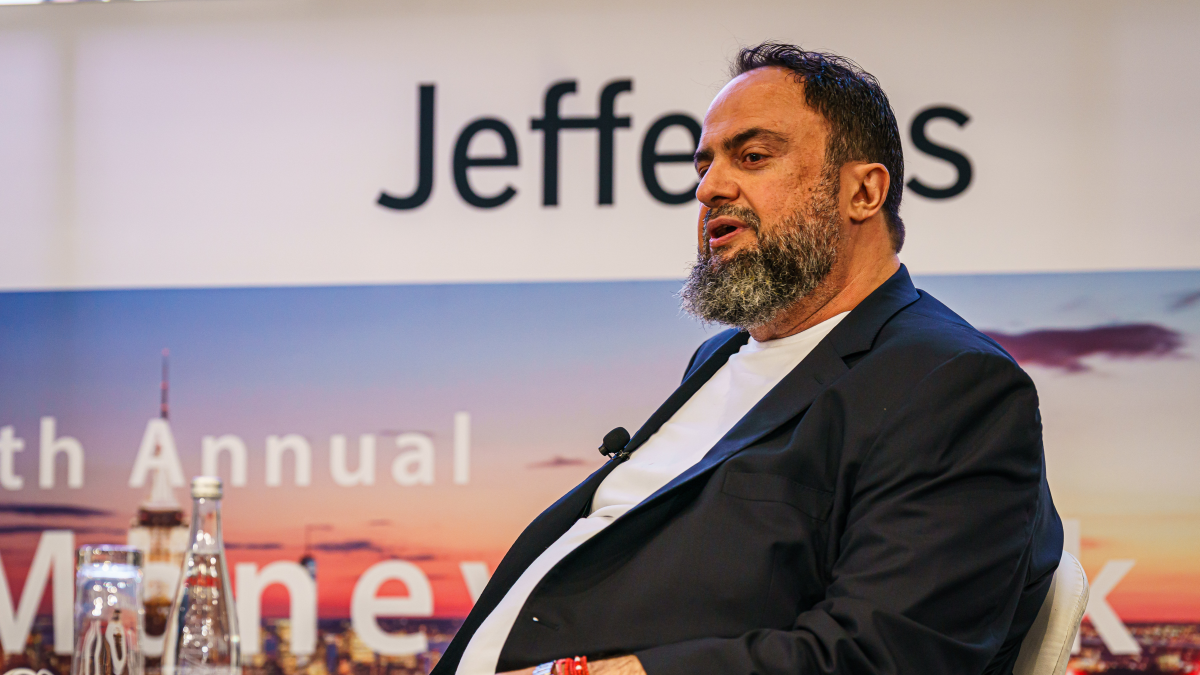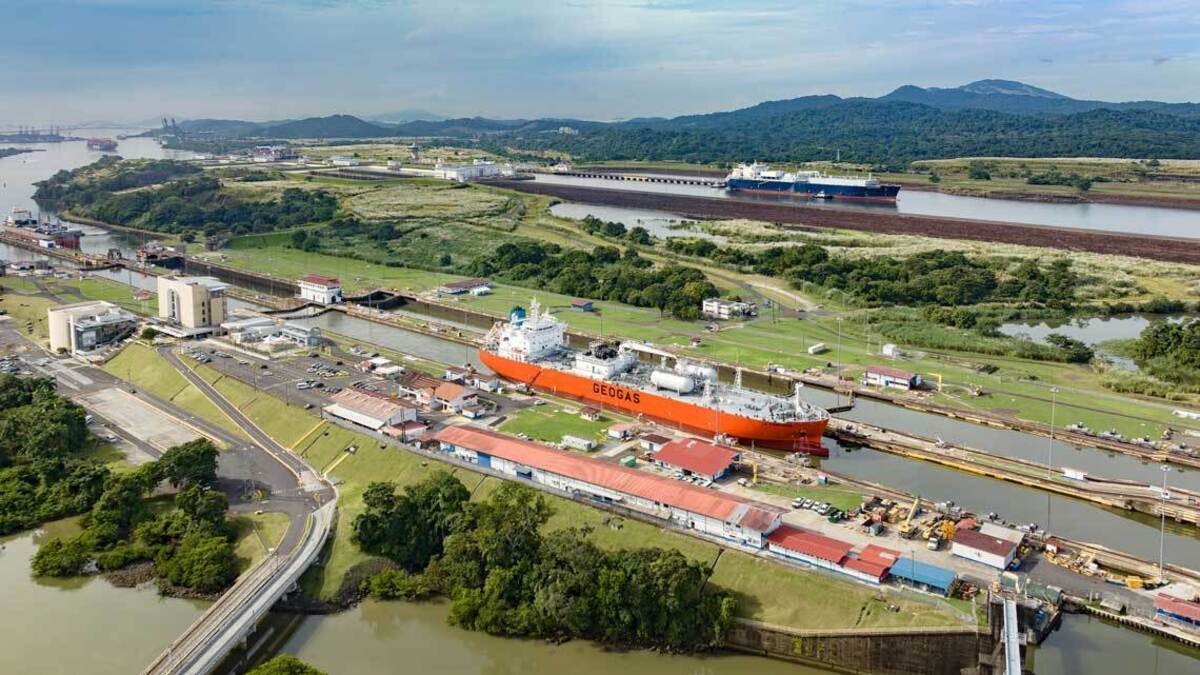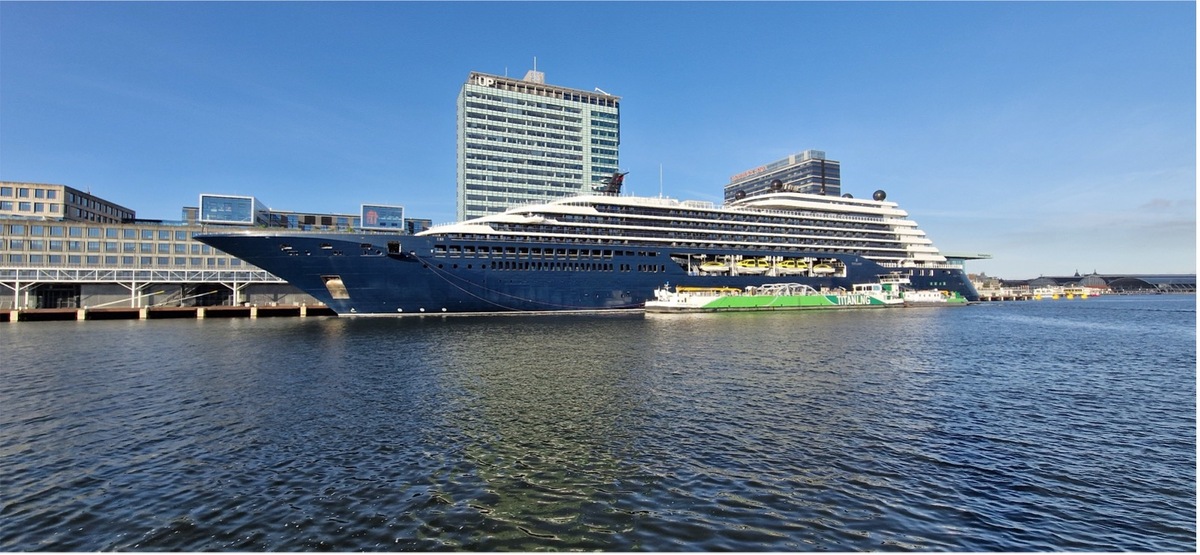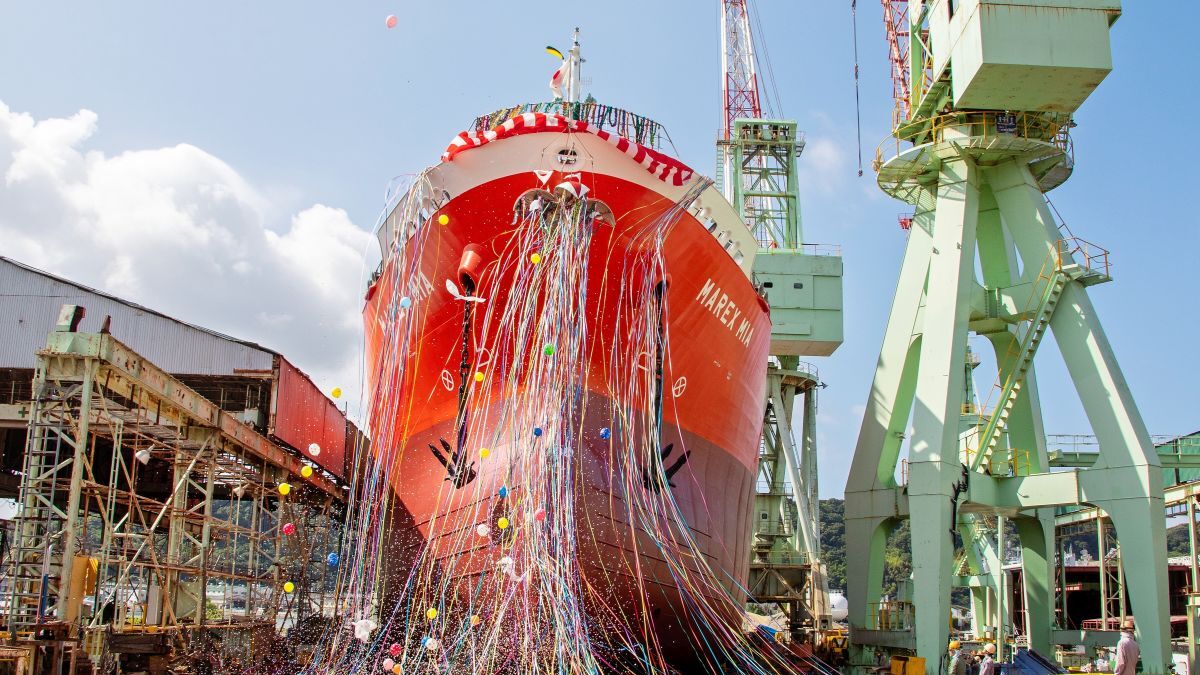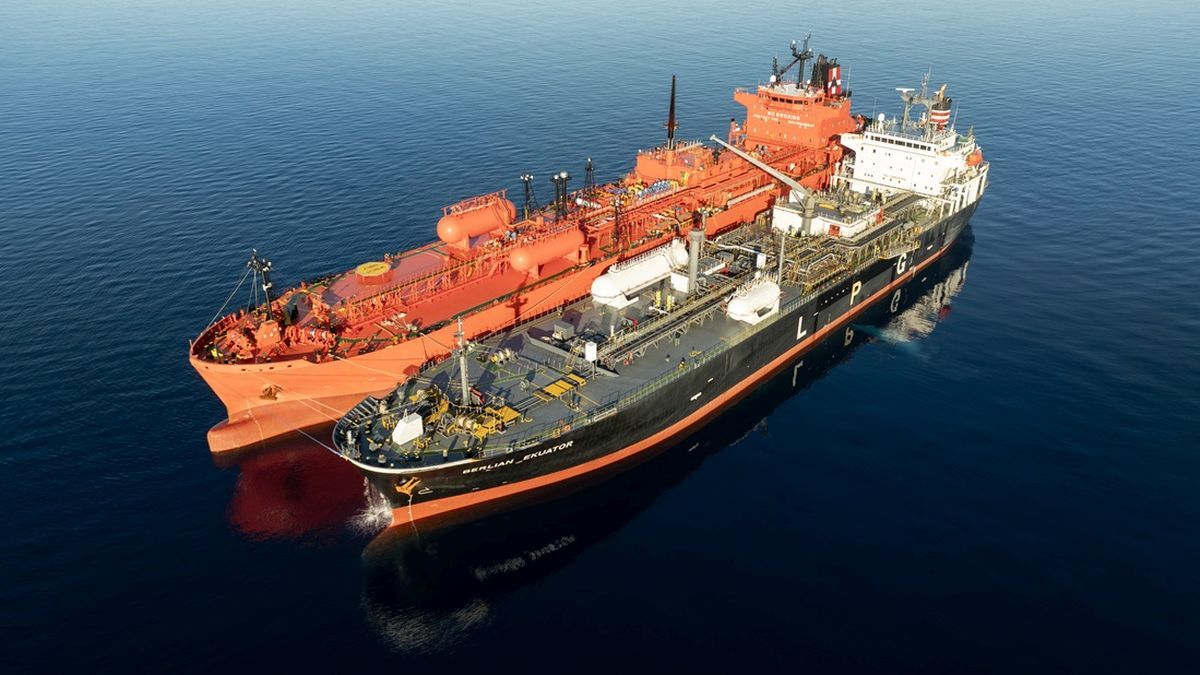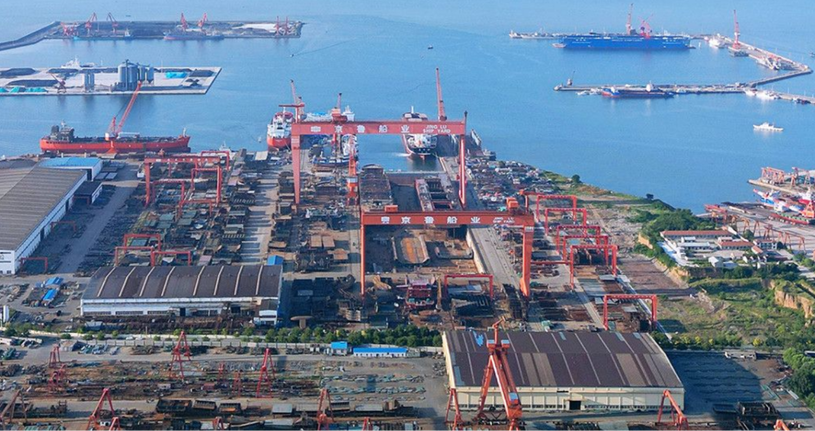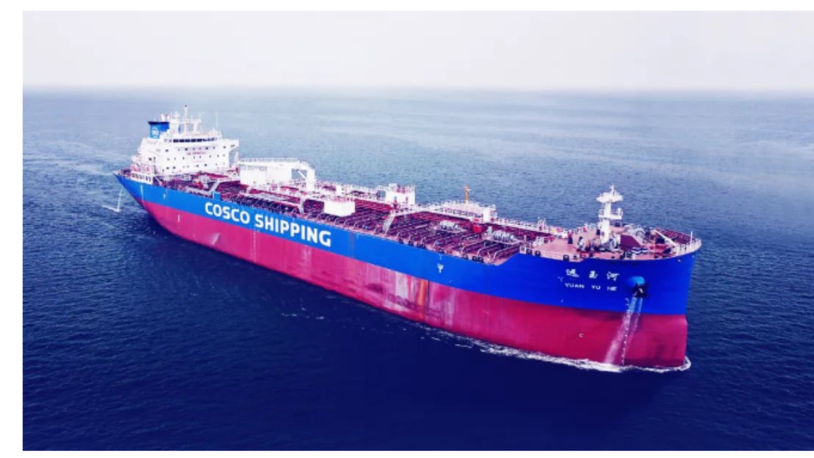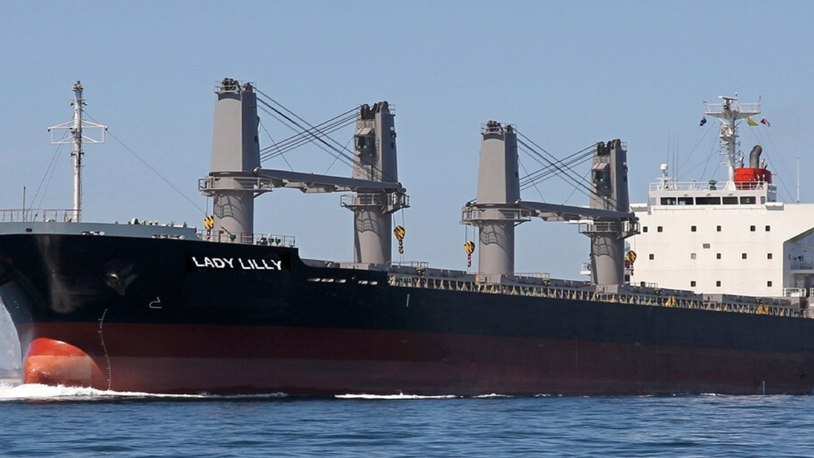Business Sectors
Contents
Register to read more articles.
Greek shipping investments slowed in 2024 despite container, LPG ordering rally
In 2024, Greek shipowners embraced a cautious, yet strategic investment strategy, focusing on specific markets while strengthening their cash-rich portfolios through lucrative sales
Greek shipping companies focused on preserving their dominance in the tanker market, signing significant newbuilding contracts. They also capitalised on the revitalised container vessel sector, channeling substantial investments into this segment.
Additionally, gas tankers, particularly LPG carriers, emerged as a major investment choice, with very large ammonia carriers (VLACs) standing out as a highlight.
In contrast, the dry bulk sector experienced a significant slowdown in Greek investments after a vigorous newbuilding rally in 2023. The reduced activity in 2024 was a major factor behind the overall decline in new orders. The industry’s cautious progress toward alternative fuels and decarbonisation significantly dampened global enthusiasm for new bulk carrier orders.
A shift in numbers
Research analysts at Xclusiv Shipbrokers, Eirini Diamantara and Dimitris Roumeliotis, told Riviera Greek shipowners placed orders for 230 vessels in 2024, a significant 28% drop from the 320 orders in 2023.
Tankers topped the newbuilding activity, with 127 vessels ordered, securing a 21% share of global tanker deals. However, this represents a slowdown compared with 2023, when Greeks signed deals for 152 tankers. Key tanker types ordered in 2024 included Suezmaxes, MR2s and LR1s, with 26, 26 and 22 vessels respectively.
In the dry bulk sector, Greeks placed orders for 38 bulk carriers, claiming an 8% share of global activity, down sharply from the 131 vessels ordered in 2023 (21% share). The weak charter market in the latter half of 2024 influenced this decline. Among these orders, Kamsarmaxes and Ultramaxes dominated, with 19 and 12 vessels respectively.
Container vessels and LPG carriers vied for third place in Greek ordering preferences, with deals for 30 and 27 ships respectively. The container sector benefited from the Red Sea crisis, which triggered a surge in newbuilding activity, pushing the Greek market share to 8%, up from just 1% in 2023.
The LPG carrier market has also experienced an eventful 2024 in terms of newbuildings, with the Greek share in total activity rising to 19%, up from 18% in 2023, when they placed orders for 21 vessels.
LNG carriers rounded out the Greek orderbook, with owners signing contracts for eight vessels in 2024, down from 14 in 2023. This decline reduced their share of the global newbuilding activity to 9%, compared with 21% the previous year.
S&P activity slows
In the secondhand market, Greek shipowners were also less active, purchasing 215 bulk carriers and tankers in 2024, a 17% decline from 260 in 2023. The shift toward newbuildings for fleet renewal has tempered their involvement as buyers in the S&P market over the last years.
Xclusiv Shipbrokers data reveals Greeks acquired 169 bulk carriers and 46 tankers in 2024, down from 200 and 60 respectively in 2023. In the dry bulk sector, they favoured smaller and mid-sized vessels, acquiring 53 Handysize, 28 Supramax and 28 Kamsarmax ships. Notably, acquisitions of Capesize vessels dropped to 13 from 38 in 2023.
In the tanker sector, MR2 tankers were the most sought-after, with 13 acquisitions, followed by 10 Handy/MR1s.
On the sales side, Greek shipowners divested 205 vessels in 2024, a 20% decrease from the 258 sold in 2023. These included 138 bulk carriers and 67 tankers.
According to shipbroking sources, tanker sales declined due to the reduced availability of vessels, following record-high activity in 2022 and 2023 driven by the Russia-Ukraine conflict and the demand for vintage tonnage. Despite this slowdown, many of the 2024 transactions were highly profitable, with vessels sold at significantly higher prices than their original purchase costs, highlighting Greek shipowners’ strategic asset play.
Sign up for Riviera’s series of technical and operational webinars and conferences:
- Register to attend by visiting our events page.
- Watch recordings from all of our webinars in the webinar library.
Related to this Story
Events
Offshore Support Journal Conference, Americas 2025
LNG Shipping & Terminals Conference 2025
Vessel Optimisation Webinar Week
© 2024 Riviera Maritime Media Ltd.


